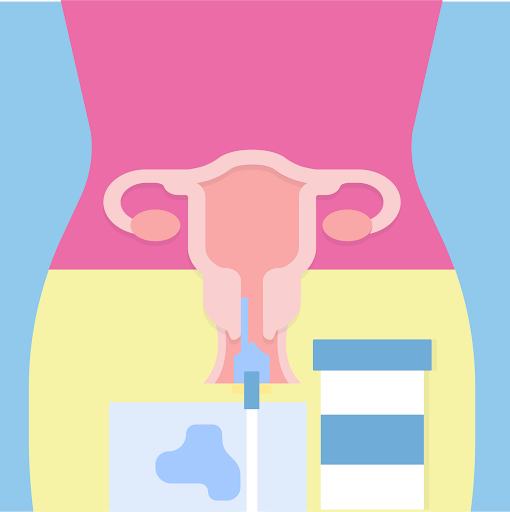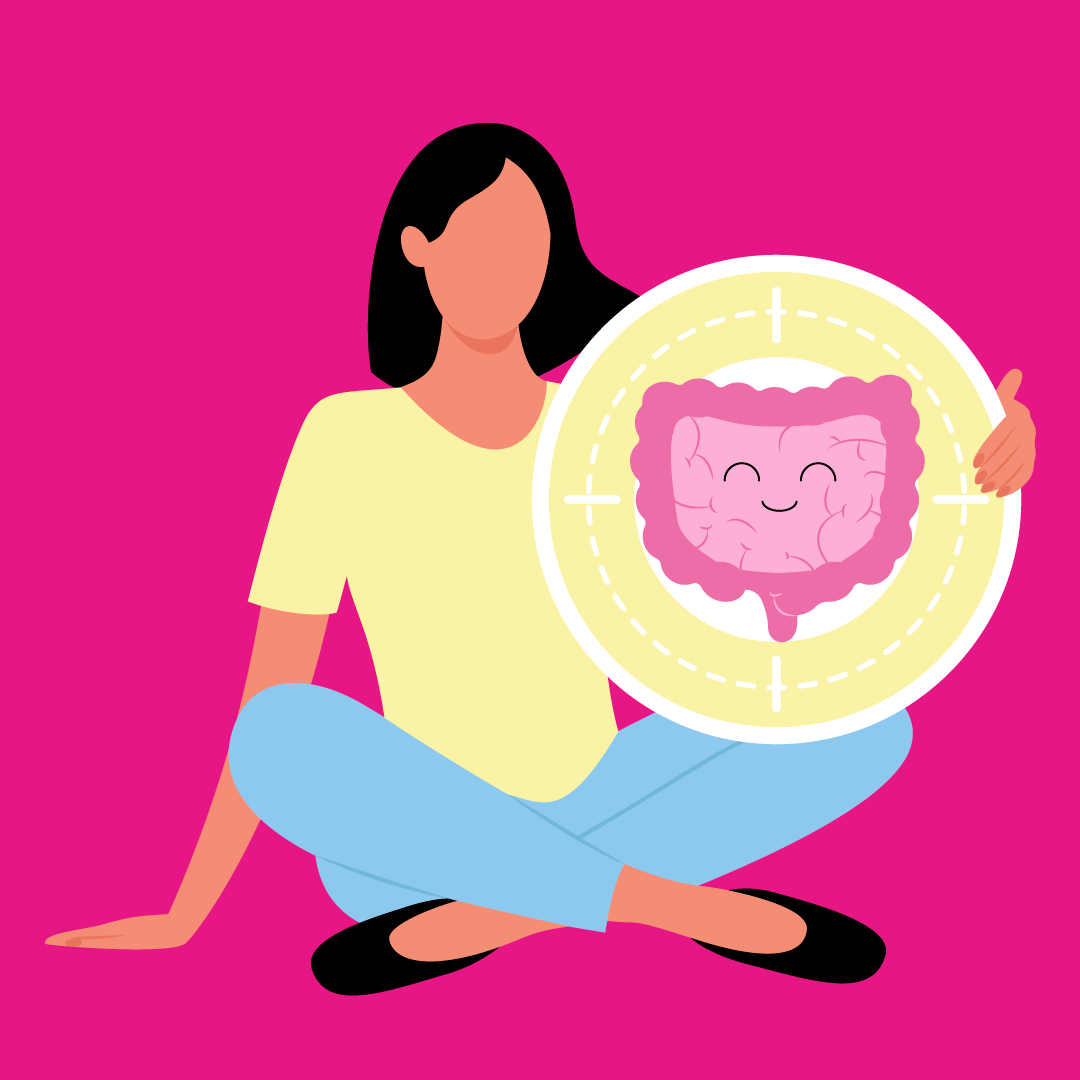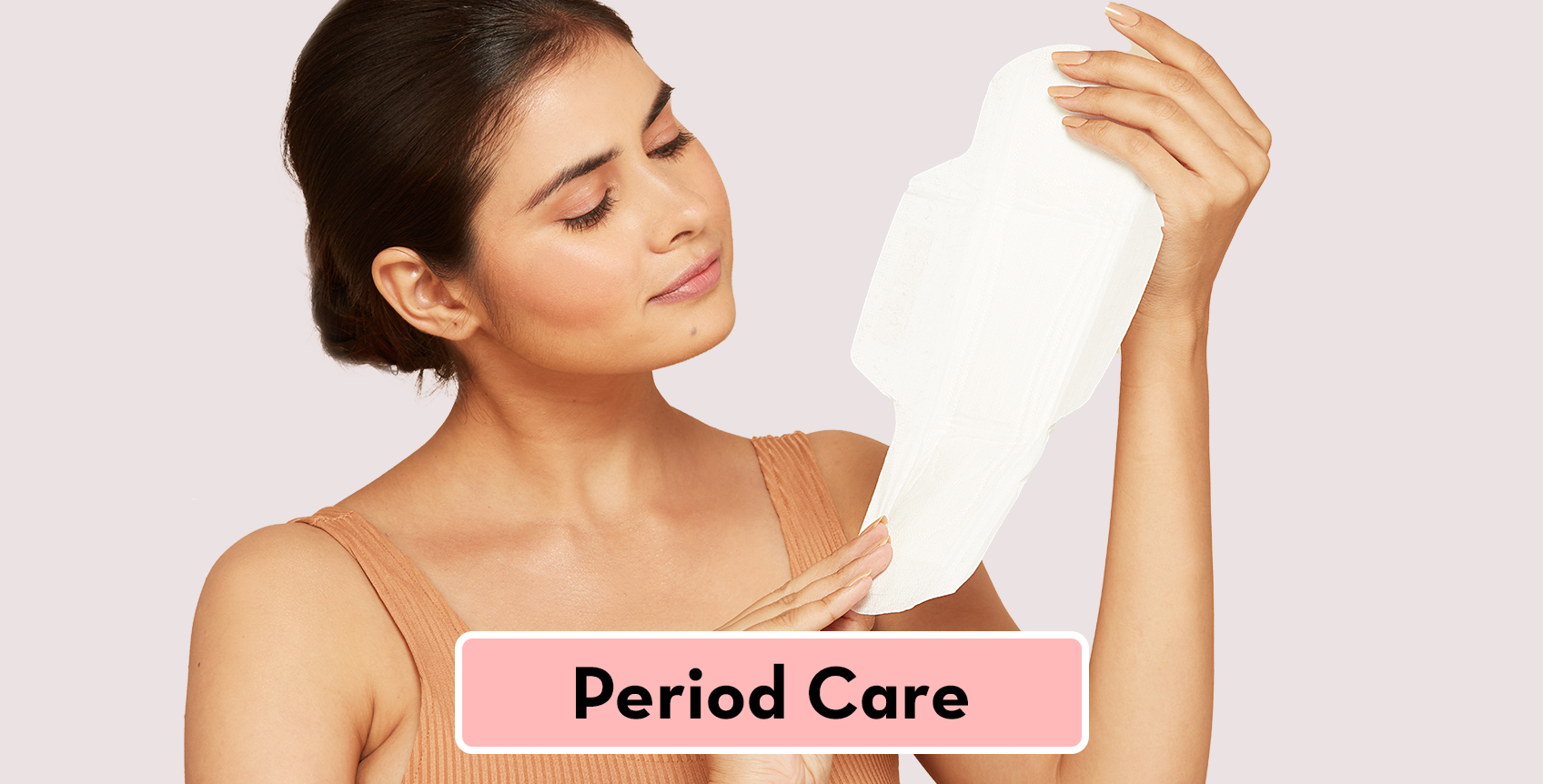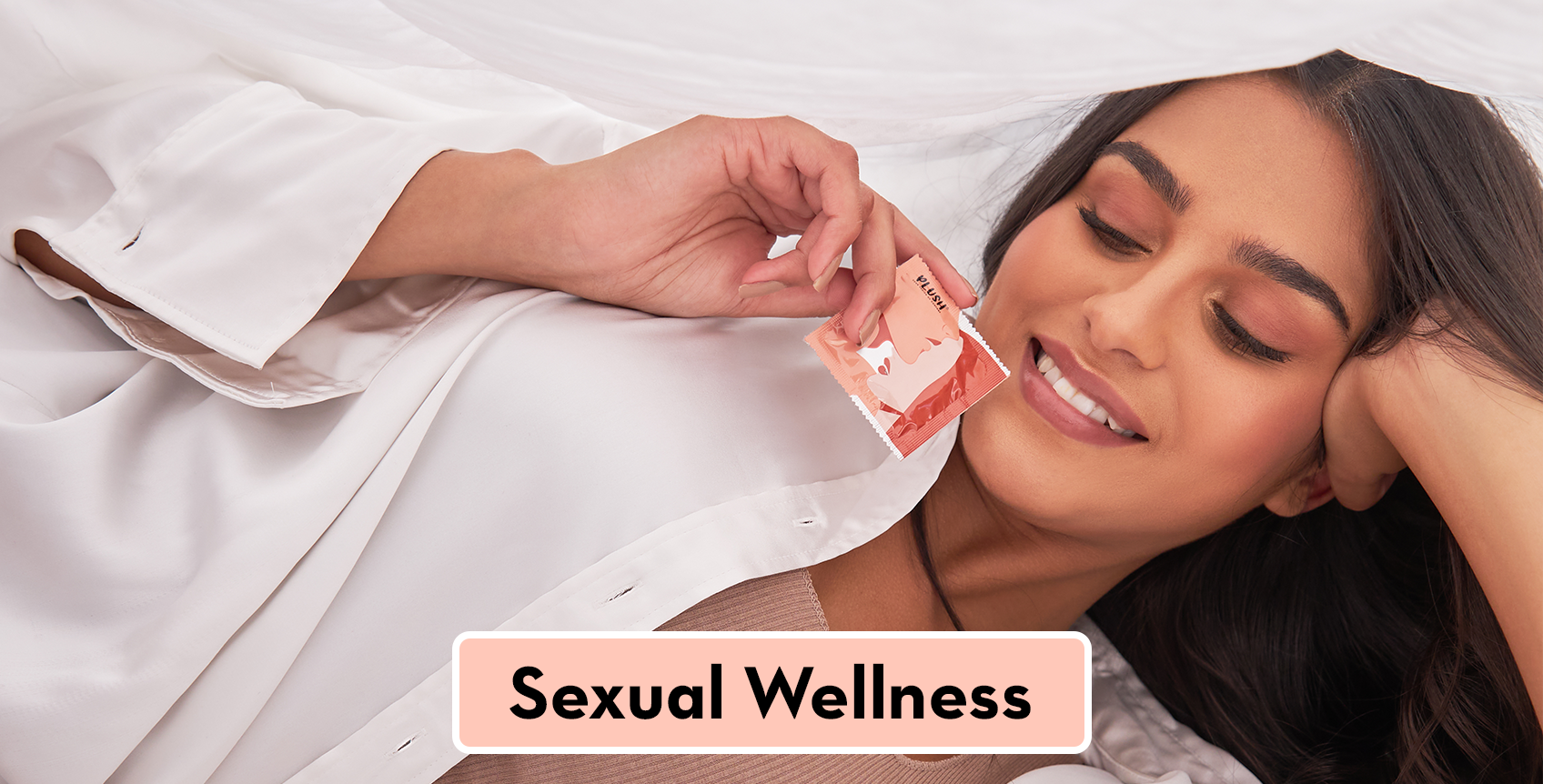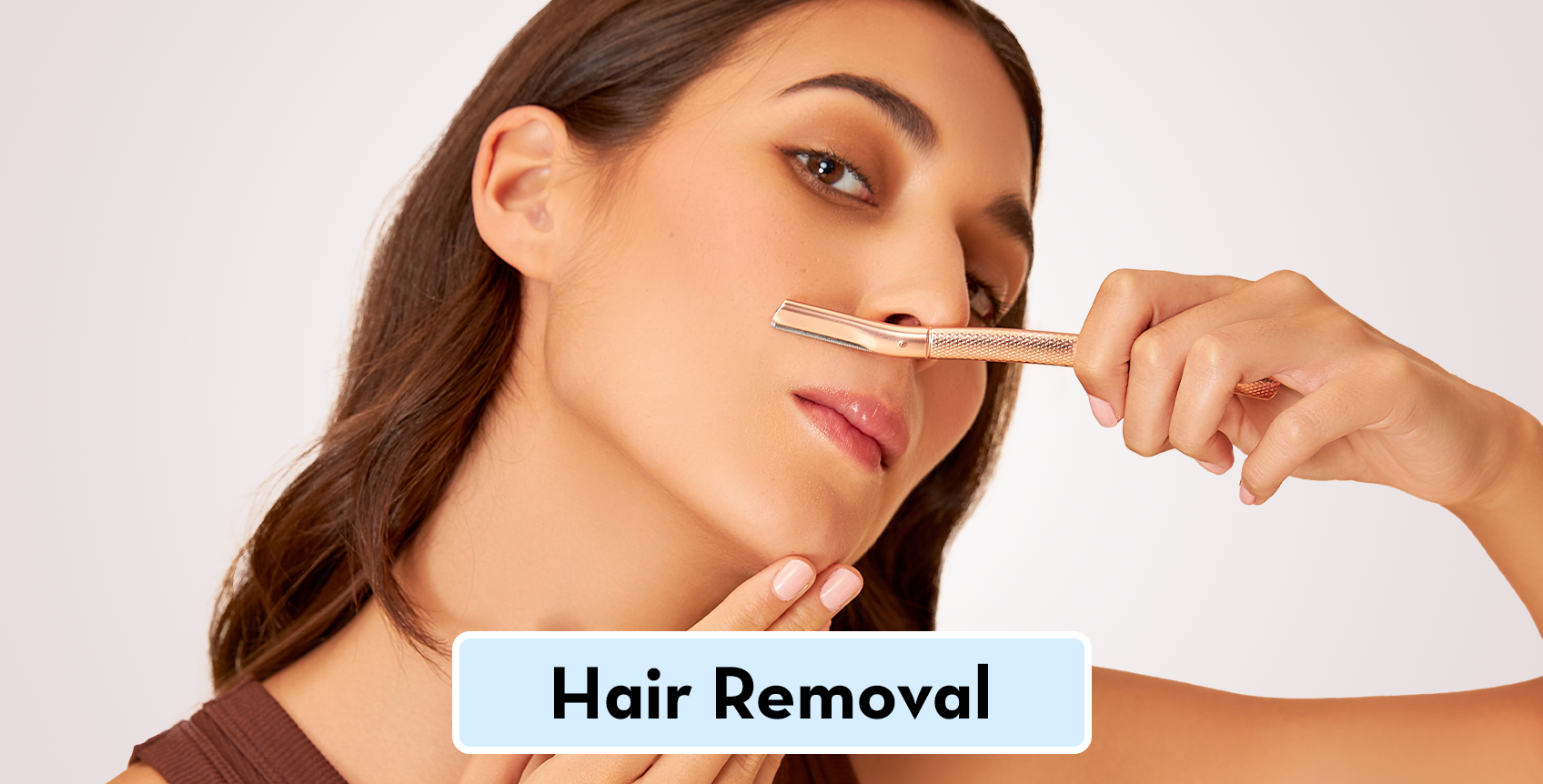The Importance of the HPV Vaccine: What You Should Know
Human Papillomavirus (HPV) is a common virus that can lead to serious health problems, including various cancers. One of the most effective ways to protect yourself is by getting the HPV vaccine. This blog will walk you through everything you need to know, including why cervical cancer vaccine is important, its side effects, and much more. Understanding its importance and how it works can help you make informed decisions about your health and the health of your loved ones.
What is HPV?
There are over 200 types of HPV. Some cause warts, while others are linked to cancers of the cervix, throat, anus, penis, and more. Since HPV is mainly transmitted through sexual contact, nearly everyone who is sexually active will get it at some point. That’s why understanding the HPV vaccine’s uses is key to prevention.
Why is the HPV Vaccine Important?
-
Cancer Prevention: HPV is responsible for the vast majority of cervical cancer cases. Getting the HPV vaccine helps protect against multiple cancer types - not just in women, but in men too. This makes it more than just a cervical cancer vaccine - it’s a powerful shield against various cancers.
-
Cost vs. Risk: When comparing the cervical cancer vaccine price to the potential costs (financial and emotional) of cancer treatment, the vaccine is clearly a smart investment. Many healthcare programs and schools now cover it as part of regular immunization schedules.
-
Protects Future Generations: By vaccinating children and teens today, we protect them from HPV-related cancers and diseases in the future. This long-term protection is crucial for their health and well-being. It’s like planting a tree now so they can enjoy the shade later.
Who Should Get the HPV Vaccine?
It is advised that preteens (boys and girls) around the ages of 11 or 12 receive the HPV vaccine since it is most effective when given prior to exposure to the virus. If you're older, though, there's still time to get vaccinated:
-
Children and Teens: All boys and girls should receive the HPV vaccine by the age of 11 or 12, according to the CDC, however it can be given as early as age 9. Catch-up vaccines are recommended for males through age 21 and for females through age 26 if they weren’t vaccinated when they were younger. Think of it as giving them a head start in the battle against HPV.
-
Adults: Some adults ages 27 through 45 who weren’t adequately vaccinated might decide to get the HPV vaccine after discussing with their healthcare provider. While the vaccine is less effective at older ages due to previous HPV exposure, it can still offer some benefits. Better late than never, right?
For detailed age-wise guidance for both children and adults, do get more information about the HPV vaccination recommendations by health professionals.
How is the HPV Vaccine Given?
The HPV vaccine schedule includes either two or three doses depending on the age at which the vaccine series is started. Talk to your healthcare provider about what’s best for your age and health condition. They can also give you detailed insights about the cervical cancer vaccine price and whether your insurance covers it:
-
Ages 9 to 14: Two doses are usually given six to twelve months apart.
-
Ages 15-45: Three doses are recommended, with the second dose given one to two months after the first, and the third dose given six months after the first dose. Just a few quick jabs for long-term peace of mind.
Are There Side Effects?
Like any medical treatment, the HPV vaccine side effects are worth knowing. Most are mild and go away quickly.
Common side effects include:
-
Pain, swelling, or redness at the injection site
-
Fatigue
-
Headache
-
Mild fever
Rare side effects:
While rare, some people worry about the cervical cancer vaccine side effects. It’s important to know that extensive research has shown that the vaccine is safe. Serious reactions are extremely rare and usually treatable.
Addressing Common Concerns
-
"Is the HPV vaccine safe?" Yes, a thorough investigation proved the safety of the HPV vaccine. With tens of thousands of participants investigated globally, it has a strong safety record. It's similar to walking a tightrope with a safety net.
-
"Does the vaccine encourage sexual activity?" No, research indicates that teenagers who receive the HPV vaccine have not shown an increase in risk-taking or sexual activity. It’s not a hall pass for wild behavior; it’s just a smart health choice.
"Why vaccinate boys if HPV causes cervical cancer?" Men could also get throat, anal, and penile cancers as a result of HPV. Vaccinating boys helps reduce the overall spread and provides them with direct protection — another example of the wide HPV vaccine uses. It’s a win-win situation.
In a Nutshell
The HPV vaccine is a vital tool in the fight against cancer. It protects against several types of cancers and is an essential step in protecting your long-term health. By vaccinating children, teens, and even some adults, we can significantly reduce the prevalence of HPV-related cancers and diseases. While some worry about the cervical cancer vaccine side effects, the risks are minimal compared to the benefits.
If you’re wondering whether it’s worth it, just consider the cervical cancer vaccine price versus the cost of treating cancer — it’s an easy choice.
Discuss with your doctor about your HPV vaccine schedule, understand the hpv vaccine age limit, and make a well-informed decision. Whether you're a parent, teen, or adult — it's never too late to protect your future.
Stay informed. Stay protected. Let the HPV vaccine work for you.
FAQ’s
1. What is HPV and how is it different from the HPV vaccine?
HPV (Human Papillomavirus) is a common virus that can cause cancers and warts. The HPV vaccine, on the other hand, is a preventive shot that helps your body build immunity against the most harmful strains of the virus.
2. Can I get the HPV vaccine if I’m already sexually active?
Yes, you can. While the vaccine works best before exposure to HPV, it can still offer protection against certain strains you haven’t encountered.
3. Does the HPV vaccine protect against all types of HPV?
No, it protects against the most high-risk types that cause cervical and other cancers, but not all 200+ strains. Regular screenings are still important.
4. Can I get the HPV vaccine during my period or while on birth control?
Yes, it's safe to get the HPV vaccine while menstruating or using birth control. These factors do not affect the vaccine’s effectiveness. However, do consult with a medical professional before.
5. Is the HPV vaccine only for women?
No, it's recommended for both boys and girls. It protects everyone from HPV-related cancers like cervical, throat, anal, and penile cancer.
Leave a Message
This site is protected by reCAPTCHA and the Google Privacy Policy & Terms of Service apply.

